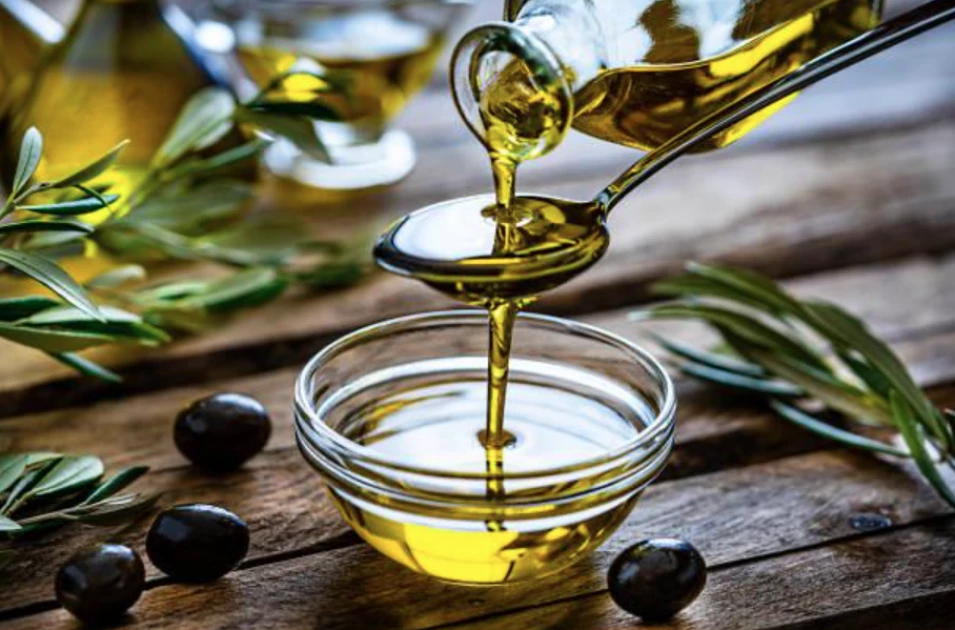Over 100,000 Kenyans could lose their jobs over duty-free cooking oil


Audio By Vocalize
An
estimated over 100,000 Kenyans in the edible oil manufacturing sub-sector,
including nuts and oil crops farmers, now stand to lose their jobs, the Kenya
Association of Manufacturers (KAM) has warned in a memorandum to the
government.
KAM
has expressed fears that the sustained duty-free importation of edible oils
could equally signal the closure of decades-old key industries and a Ksh.52
billion loss in taxes annually, following a long protracted standoff between
the government and edible oil manufactures over taxes.
In a
13-page memorandum to Industry Principal Secretary Dr. Juma Mukhwana, the lobby
group sought the government’s intervention to lower the cost of the commodity,
even as the Kenya Kwanza administration stands in the eye of a storm from the
opposition to lower the cost of living.
The
cost of edible oils shot up during the COVID-19 pandemic, and has since been
spiralled by global shocks including the Russia-Ukraine war and the decline in
the value of the Kenya Shilling against the dollar, which traded at a high of
Ksh.136 on Tuesday.
The
government’s heavy tax burden, the manufacturers lobby argues, could see
exporters prefer Kenya’s competitors including the DRC, Somalia, Djibouti,
Ethiopia, Zambia, and South Sudan, whose production costs are considerably low.
The
new memorandum comes on the heels of yet another condemnation by KAM after the
State allowed importation of cooking fat and oil duty-free for one year.
This
was despite the existence of the East African Community-Common External Tariff
(EAC-CET) trade regime, which puts imported finished goods such as edible oil
in a tax band that attracts a 35 per cent import duty to encourage and promote
local producers.
The
memorandum has also questioned the rationale in the implementation of the
duty-free imports for edible oil products, a move that is likely to culminate
in other Kenyan products being denied entry into the common market.
“The
adherence to the procedures cannot be gainsaid specially to avert any
repercussions on all Kenyan products being denied entry into that market as has
been experienced in the past,” KAM said in the memorandum.
“In
addition, the conditions for the importation remain unclear in the absence of
the legal notice such as the quantities to be imported, their distribution and
traceability in the market being duty free to avert any uncompetitive
distortions in the market.”
Data
from the industry shows that 31 per cent of the products cost is attributed to
direct taxes (domestic and import) making the product less competitive in the
region.
Meanwhile,
Kenya’s 13 edible oil manufacturing firms which heavily depend on palm oils
imports from South - East Asian countries slumped to an average 700,000 metric
tonnes of crude oil last year, from a high of over a million metric tonnes per
year.
Last
month, Bidco Group Director Chris Diaz told reporters in Thika that the
industry is experiencing operational difficulties resulting from high costs of
production and taxes.
Mr.
Diaz hinted that over the past year, production capacity at the Thika-based
manufacturer has reduced drastically due to the various constraints bedevilling
the manufacturing sector, a move that could see jobs losses.
He
blamed it on the high cost of power, huge inflation, high taxation and dollar
shortage which he said has threatened operations.
In the
prevailing circumstances, the hope of lowered costs of edible oils remains
faded, as the cost of importing raw materials is on a spiral rise.
The
cost of producing 20 litres of edible oils without VAT stood at Ksh.3,498
locally, with duty-free 20 litres of the same product retailing at Ksh.3,646,
upsetting the market trends.
The
addition of a myriad of taxes, including the nuts and oils development levy of
2 per cent, a Railways Development Levy (RDL) of Ksh.39 per ton, pushing the
prices up to Ksh.4,469 per 20 litre jerry can made locally, compared to
Ksh.4,229 for the imports.
Meanwhile,
to cushion Kenyans from the prevailing high costs, KAM has implored the
government to scrap the RDL, the Import Declaration Fee (IDF) as well as the
newly- introduced two per cent import fee levied on raw materials imposed under
the Crops (Nuts and Oil Crops) Regulations of 2020.


Leave a Comment